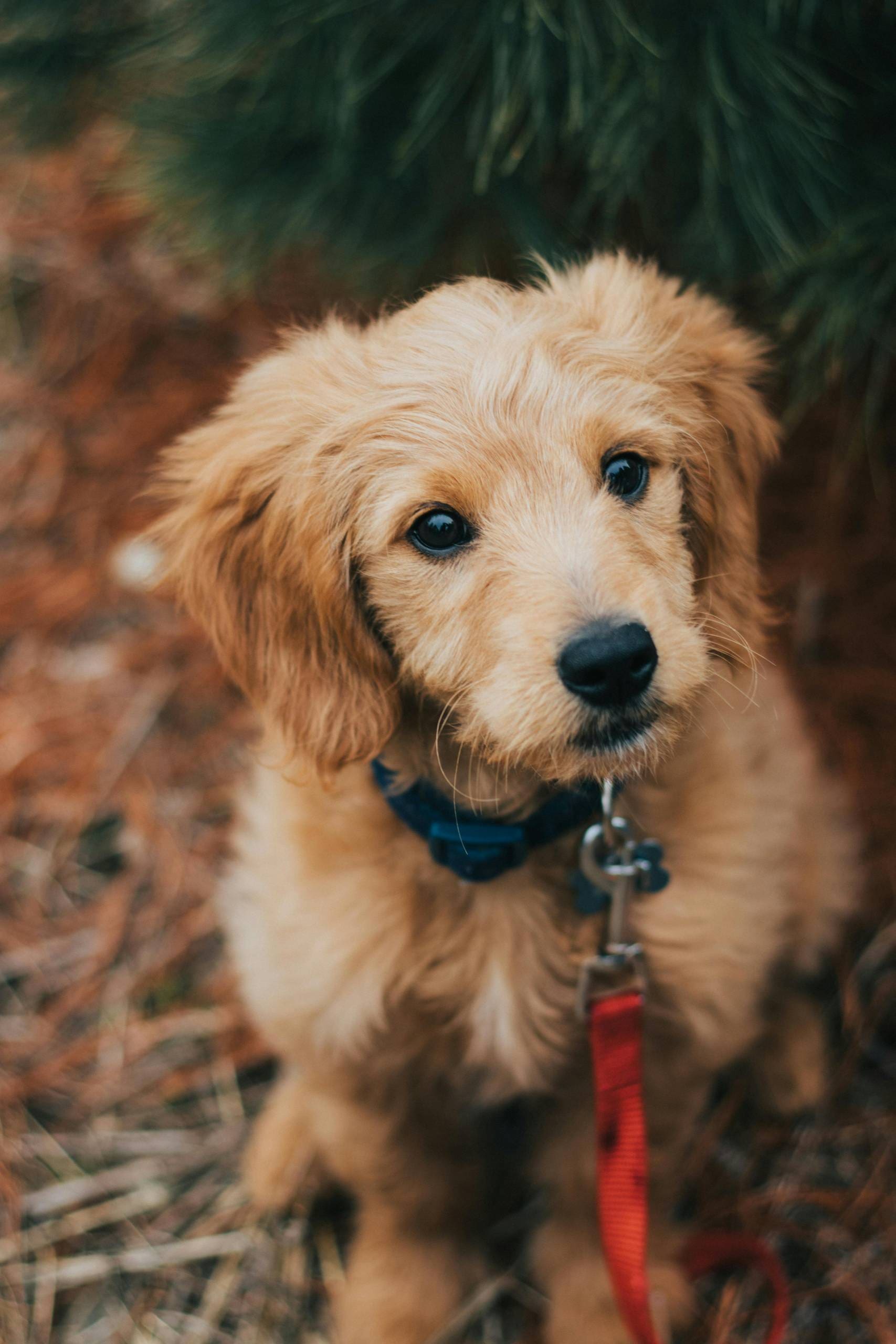
When we bring a puppy home, we watch them grow at a seemingly astonishing rate. Those adorable paws, that fluffy tail, and those puppy eyes seem to change every day. But at what point does this growth slow down? Well, the answer is not as straightforward as we might hope.
Just like humans, dogs go through different stages of growth. The rate at which they grow can depend on various factors, including their breed, size, and genetics. Generally, small breeds mature more quickly than larger breeds. Small dogs may reach their full size by around 9 to 12 months of age, while larger breeds can take up to 12 to 18 months to stop growing in height. However, for some giant breeds, their growth plates might not close until they are around 18 to 24 months old.
During the first few months, your puppy will experience a rapid growth spurt. It’s an exciting time, but it’s crucial to remember that this growth should be supported with a balanced diet and regular veterinary check-ups. Nutrition plays a key role in a dog’s growth and development, so it’s important to feed them a diet suited to their specific needs.
As a responsible pet owner, understanding your dog’s growth process is vital. It’s not just about their physical growth; it’s also about their mental and emotional development. Just like children, puppies go through developmental stages that can impact their behavior and learning abilities. As they grow, they need guidance, patience, and training to become well-adjusted adult dogs.
When we ask, “What age do dogs stop growing?” we are not only seeking a simple answer but also a deeper understanding of our furry companions. Watching our dogs grow is a privilege, but it also comes with responsibilities. By being informed about their growth process, we can provide the best care for them, ensuring they grow up healthy, happy, and well-adjusted.
In conclusion, the growth of our dogs is a fascinating journey that requires our attention and care. Understanding when dogs stop growing is just one aspect of responsible pet ownership. By being aware of their growth stages, nutritional needs, and behavioral development, we can ensure that our furry friends grow into healthy, happy adult dogs. So, embrace the journey and cherish every stage of your dog’s growth—it’s a rewarding experience for both of you.[/fusion_text]



